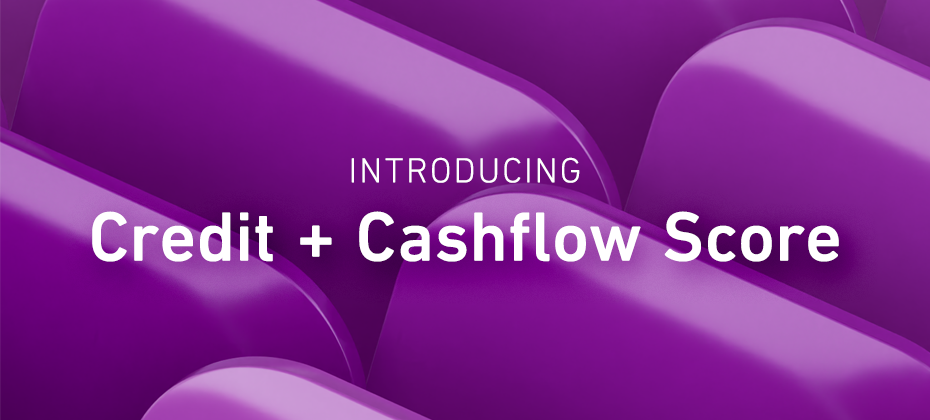Every portfolio has a set of delinquent customers who do not make their payments on time.
Truth.
Every lender wants to collect on those payments.
Truth.
But will you really ever be able to recover all of those delinquent funds?
Sadly, no.
Still, financial institutions often treat all delinquent customers equally, working the account the same and assuming eventually they’ll get their funds. The sentiment to recover is good, but a lot of collection resources are wasted on customers who are difficult or impossible to recover.
The good news? There is a better way. Predictive analytics can help optimize the allocation of collection resources by identifying the most effective accounts to prioritize to your best collectors, do not contact and proceed to legal actions to significantly increase the recovery of dollars, and at the same time reduce collection costs.
I had the opportunity to recently present at the annual Debt Buyer Association’s International Conference and chat with my peers about this very topic. We asked the room, “How many of you are using scoring to determine how to work your collection accounts?”
The response was 50/50, revealing many of these well-intentioned collectors are working themselves too hard, and likely not getting the desired returns.
Before you dive into your collections work, you need to respond to two questions:
- Which accounts am I going to work first?
- How am I going to work those accounts?
This is where scoring enters the scene.
A scoring model is a statistical algorithm that assigns a numerical expression based on known information to predict an unknown future outcome. You can then use segmentation to group individuals with others that show the same behavior characteristics and rank order groups for collection strategies.
In short, you allow the score to dictate the collection efforts and slope your expenses based on the propensity and expected amount of the consumer to pay.
This will inform you on:
- What type, if any, skip trace tactic you should use?
- If you should purchase additional data?
- What intensity you should work the account?
With scoring, you will see different performances on different debts. If you have 100 accounts you are collecting on, you’ll then want to find the accounts where you will have the greatest likelihood to collect, and collect the most dollars.
I like to say, “You can’t get blood from a stone.” Well the same holds true for certain accounts in your collections pile. Try all you like, but you’ll never recoup those dollars, or the dollars you do recoup will be minimal.
With a scoring strategy, you can establish your “hit list” and find the most attractive accounts to collect on, and also match your most profitable accounts with your best collectors.
My message to anyone managing a collections portfolio can be summed up in three key messages.
- You need to use scoring in your business to optimize resources and increase profits.
- The better data that goes into your model will net you better performance results.
- Get a compliance infrastructure in place so you can ensure you are collecting the right way and stay out of trouble.
The beauty of scores is they tell you what to do. It will help you best match resources to the most profitable accounts, and work smarter, not harder.
That’s the power of scoring.



